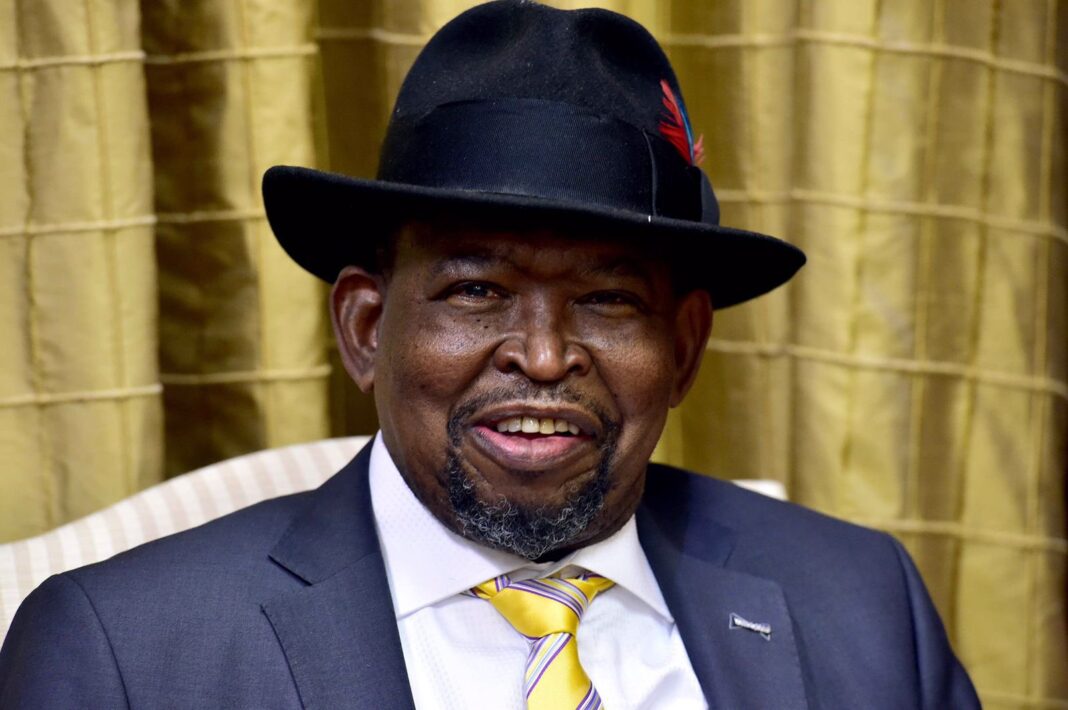Newly-appointed finance minister Enoch Godongwana has made his position on a basic income grant (BIG) clear, saying he would rather use the funds to help employ black youth, rather than deliver another handout.
Speaking to the Sunday Times, Godongwana said that a more thought-out approach was required to tackle the country’s high youth unemployment rate.
“People are missing the point: about 4.2-million of these people that are unemployed — using the narrow definition — are young people between 15 and 35 years. My argument is that we must invest in them. Even the amount we may spend could be more than a grant,” he said.
He said that these young people cannot be placed into a cycle of dependence, with the BIG creating reliance rather than addressing fundamental issues affecting youth unemployment.
“What we need to do is invest in skilling these kids, and obviously, they will have some cash which will be a stipend or per diem. And in addition let’s get them better development of skills,” he said.
Godongwana was appointed finance minister by president Cyril Ramaphosa in a late-night cabinet reshuffle on Thursday (5 August), after his predecessor Tito Mboweni resigned.
He holds a master’s degree in financial economics from the University of London and served as deputy public enterprises minister from 2009 to 2010, when he became deputy economic development minister.
Basic Income Grant
President Cyril Ramaphosa announced the reintroduction of the R350 Social Relief of Distress (SRD) grant on 25 July as part of the government’s relief measures around Covid-19 and the recent social unrest.
While the grant is set to remain in place until March 2022, the president has also recently said that the government is considering the feasibility of introducing a permanent basic income grant.
Ramaphosa said that the government is also currently investigating the feasibility of introducing a basic income grant in South Africa.
Speaking at a Mandela Day memorial lecture on 18 July, the president said that the grant would show people ‘that the government cared’.
“This will validate our people and show them that we are giving serious consideration to their lives. We are giving active consideration to the grinding poverty that we continue to see in our country. We need to address the structural inequalities in our economy,” he said.
The Congress of South African Trade Unions (Cosatu) has also called for the introduction of a basic income grant as part of a response to the massive socioeconomic fallout from the riots in KwaZulu-Natal and Gauteng.
“In responding to the crisis, the South African government has no choice but to abandon its austerity framework and choose an expansionary fiscal policy framework,” Cosatu said. “This moment calls for a change of mindset and an acknowledgement of the fact that the current unemployment and poverty levels are not sustainable.”
- Business Tech



